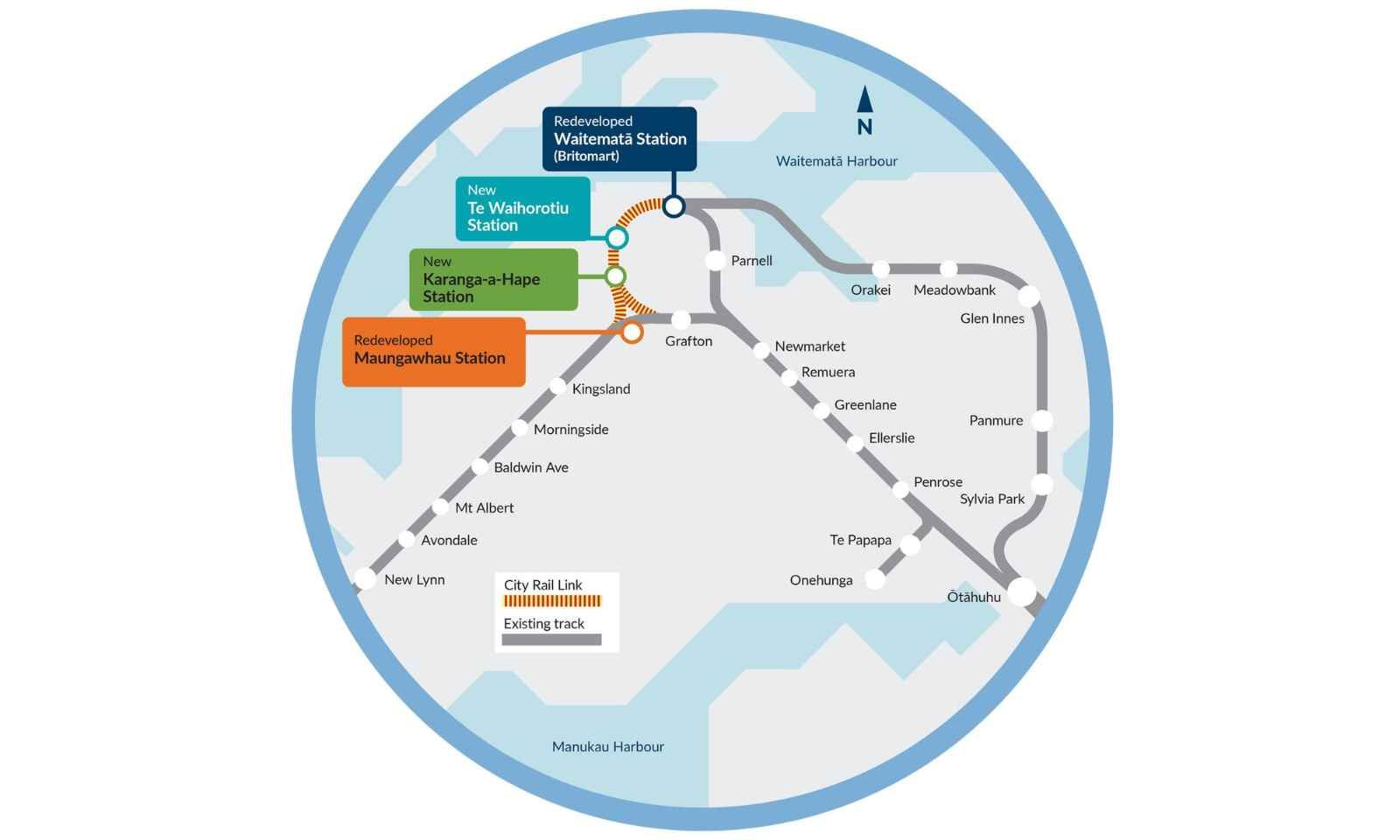

Social Development Minister Louise Upston (left), Labour MP Tangi Utikere (centre) and Transport Minister Simeon Brown (right).
Photo/Louise Upston Facebook/Labour Party NZ/Simeon Brown Facebook
Pacific communities brace for economic strain
Families across New Zealand are grappling with financial hardship, intensifying the debate over the Government’s priorities.




Pacific sports wrap: 2025’s massive highs, lows and historic firsts



Top 10 Pacific Island songs you need on your summer playlist in 2025


Pacific sports wrap: 2025’s massive highs, lows and historic firsts

Labour MP Tangi Utikere has voiced deep concerns about the Government’s recent decisions, saying that they disproportionately affect vulnerable families.
Public transport fares have increased, and unemployment rates have also risen.
Speaking on Pacific Mornings, Utikere expressed disappointment: “This is very disappointing. This is an additional cost for households.
“What we've seen is a real desire from the Government to basically try and find some money.
“And when we look around the country, they've basically slashed the budgets that councils have to provide public transport.”
He said that public transport encompassed more than just buses, including rail and ferry services.

Metlink is the public transport system serving Wellington and its surrounding region. Photo/Metlink website
There are concerns that fares could surge by up to 70 per cent to meet the Waka Kotahi New Zealand Transport Authority’s (NZTA) higher revenue targets.
“When we talk about public transport, we're not just talking about buses.
“We're talking about rail opportunities, ferries and the bulk of it, though, will be through buses.”
There’s a suggestion that fares may surge up to 70 per cent to meet Waka Kotahi NZTA’s higher revenue targets.
Transport Minister Simeon Brown defended the Government’s record by highlighting a significant increase in investment.
“The Government is investing a record $6.4 billion in public transport over the next three years,” Brown said.
“That is a $1.4 billion increase above what was invested by the previous Government between 2021 and 2024.
“This will see Auckland receive a record $3.7 billion in public transport investment.”

The City Rail Link (CRL) is New Zealand's largest transport infrastructure project ever. Photo/CRL Website
The minister also highlighted major projects like the City Rail Link, which, when it opens in 2026, is expected to double Auckland’s rail capacity.
“While Labour talked a big game, our Government is focused on delivering the roading and public transport infrastructure New Zealanders need.”
Brown urged local councils to find efficiencies, keep costs down, and maximise alternative revenue streams, such as advertising on public transport networks.
The impacts will be significant for Pacific communities, which are among the most public transport users in areas like South Auckland and Porirua.
“It means that households in South Auckland and Porirua and elsewhere around the country are going to have to find more money in order to get to work, to get to church, to go about their business,” Utikere said.
He said that Labour prioritised easing these burdens during its time in government.
“What we did do is we provided free or half-price fares for younger members of the community and those that needed to access public transport.”
Utikere also highlighted troubling unemployment trends, particularly in critical sectors for Pacific workers, such as building and construction.
Watch Labour MP Tangi Utikere's full interview below.
“We have more than 12,000 people in the building and construction sector…out of work. This is a key part of employment opportunities and training opportunities for our Pasifika population and community,” he said.
While the Reserve Bank’s recent decision to lower the Official Cash Rate (OCR) by 50 basis points has provided some relief with falling interest rates, Utikere warned against interpreting this as a sign of overall economic stability.
“Unemployment is increasing. It is on the rise,” he noted, adding that many Pacific workers are disproportionately affected by policy decisions.
Social Development Minister Louise Upston acknowledged the challenges faced by those out of work but attributed the current economic strain to decisions made by the previous government.
“The economic recession that has weakened our labour market is a flow-on effect from the previous Government recklessly increasing spending to the point where the Reserve Bank had to hike interest rates to bring inflation back under control,” Upston said.
Upston said the Government’s efforts have already delivered relief through measures like FamilyBoost childcare payments.
“The solution to further improving outcomes for all New Zealanders, including members of the Pacific community, is building a stronger economy that creates jobs and opportunities.
“This Government is in the process of doing that by refocusing the education system on the core skills needed for our young to succeed, removing the roadblocks that have been stymieing business, strengthening our international connections, investing in science and innovation, and developing a pipeline of infrastructure investments.
“Unfortunately, we can’t fix the damage done by the previous government over six years overnight, but we are headed in the right direction.”